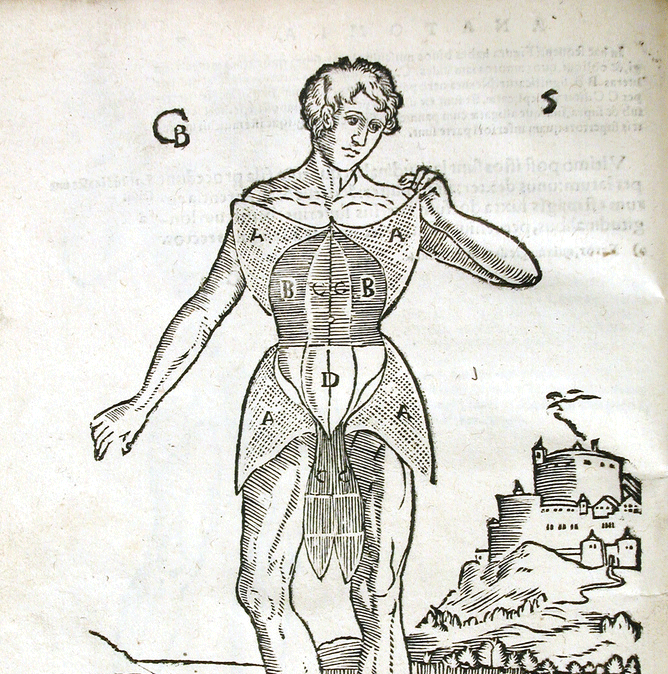By Brittney Hensman (The Cascade) – Email
Print Edition: May 7, 2014

While naturopathic practices are having a resurgence in our society, many people are skeptical about receiving medical help from practitioners.
A naturopathic doctor (ND) is a medical credential like a medical doctor (MD). To be a licensed ND requires a four-year graduate degree from a medical institution like Bastyr University in Washington or the Canadian College of Naturopathic Medicine. Both these universities offer two well-known accredited ND programs.
A naturopath holds the philosophy that the body needs to be treated as a whole, not simply by treating the symptoms as separate entities like you might experience at a walk-in clinic. When your body suffers from a symptom, there is a deeper root to the problem. An ND takes the symptom and traces it to the root of the issue. To start he or she will observe the patient’s external state.
I have had the priviledge of working for a naturopath in the past and presently. A naturopath can tell a lot about a person’s condition by looking at a patient’s tongue through their trained eye, gauging the level of its redness and how swollen it is, which can indicate problems such as stress and fatigue. They also use other methods like pressing down on a stomach to feel around the liver — it is positioned correctly? Is it twisted? Is it painful? Furthermore, they ask questions about how the patient reacts to certain things — for example, eczema or a rash — which can indicate an allergy.
Naturopaths use homeopathic remedies — supplements that contain natural herbs, plant extracts, vitamins, and minerals, in higher dosages than those in our food and drugstore vitamins. An ND also looks at a patient’s diet, stress level, dental condition, and emotional health in trying to treat the root problem, working by process of elimination. There is never a quick and easy fix to the problem, but naturopaths focus on taking the proper steps to discover and get rid of the deeper cause creating the issues.
People can be skeptical toward naturopathic doctors because they go into the appointment with certain expectations. The first reaction to a health situation is often an emotional one, but it’s important to reason through medical experiences. Instead of swinging from one extreme to the next (whether believing the friend who knows a remedy that worked so well they’d bet their life on its usage or the one doctor’s visit that casts a dark shadow on everything), remember what works for one person, doctor, or patient, may not work for the other.
Also, you’ve got to put in some work. Knowing as much about your own body and having good questions prepared prior to any appointment, be it a naturopath or medical doctor, will be an asset to a speedy and efficient recovery and prevention for the future. There are many preventative measures you can take before reaching the point where you need to book in to see “the Doc,” so ask yourself questions: Have I had enough water? Am I over-tired? Am I eating balanced meals? Just like you should carefully consider where to go with any health questions, you should be asking some questions of yourself.


